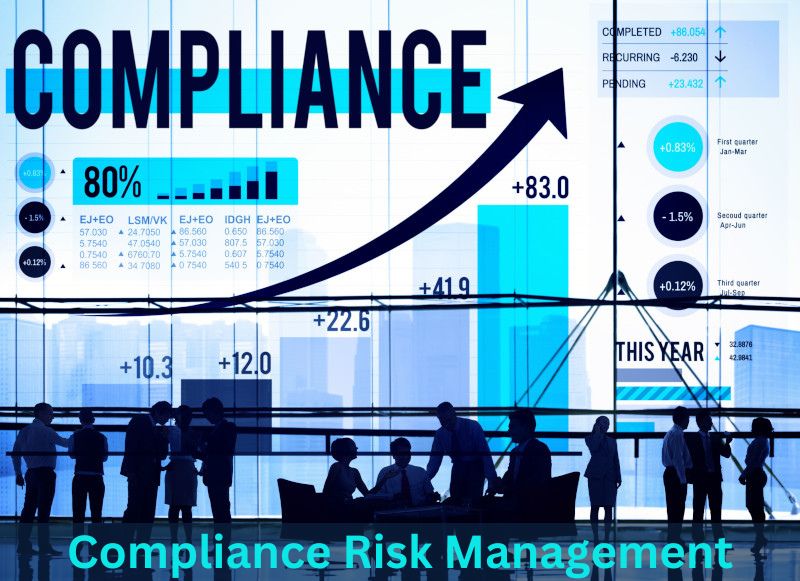Compliance risk management is crucial for businesses of all sizes and industries to ensure adherence to local and international laws and regulations. In India, compliance risks can arise from various factors such as environmental, social, and governance (ESG) compliance and factory compliance. In this blog post, we will discuss the best practices for compliance risk management in India, specifically focusing on ESG compliance and factory compliance.
Factory Compliance in India
Factory Compliance in India is an essential aspect of managing compliance risk. The country has stringent laws and regulations that govern the functioning of factories, including the Factories Act, of 1948, and the Environmental Protection Act, of 1986. Businesses must comply with these regulations to avoid legal repercussions and ensure the safety and well-being of their employees.
To manage factory compliance risk effectively, businesses must conduct regular audits and assessments of their factories’ compliance status. They should also invest in training their employees on compliance-related issues and creating a culture of compliance within their organization.
ESG Compliance in India
ESG Compliance in India is becoming increasingly important for businesses in India. The country has witnessed a surge in ESG-related regulations in recent years, such as the Companies Act, of 2013, and the Securities and Exchange Board of India (SEBI) guidelines on ESG reporting.
To manage ESG compliance risk, businesses must prioritise sustainability and social responsibility in their operations. This can include investing in renewable energy, reducing their carbon footprint, promoting diversity and inclusion, and engaging in philanthropic activities.
ESG Solutions in India
Several ESG solutions in India are available through which businesses can leverage to manage compliance risk effectively. For instance, businesses can partner with ESG consultants who can provide guidance and support on ESG-related issues. They can also use ESG software to monitor their ESG performance and identify areas for improvement.
Conclusion
Managing compliance risk is crucial for businesses in India, and the above-discussed best practices can help businesses mitigate compliance risks effectively. By prioritizing factory compliance and ESG compliance and investing in ESG solutions, businesses can not only avoid legal repercussions but also contribute to the betterment of society and the environment.

